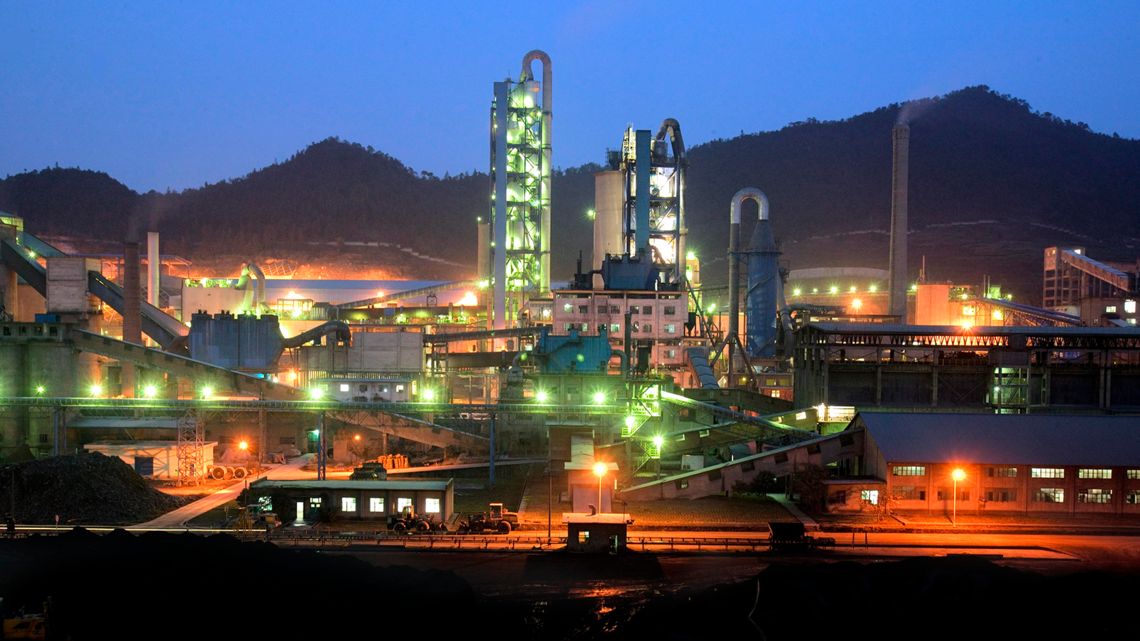Over our 10-year history, we have focused on understanding, managing and minimizing the impacts of cement production and use by addressing a range of issues, including: climate change, fuel use, employee health and safety, airborne emissions, concrete recycling and quarry management.
The purpose of the CSI is to:
- Explore what sustainable development means for the cement industry;
- Identify actions and facilitate steps cement companies can take, individually and as a group, to accelerate progress toward sustainable development;
- Provide a framework for other cement companies to become involved;
- Create the content and context for further stakeholder engagement.
To date, we remain one of the largest global sustainability programs ever undertaken by a single industry sector.
In 1999, under the auspices of the WBCSD, 10 leading cement companies commissioned the Battelle Memorial Institute, a US-based not-for-profit consulting firm, to conduct independent research into how the cement industry could meet these sustainability challenges. Battelle's final report, Toward a Sustainable Cement Industry, was released in April 2002.
The report lists eight major topics that have been shaping the cement industry's path toward a more sustainable future over the following 20 years:
- Resource productivity: Improving eco-efficiency through improved practices in quarrying, energy use and waste recovery and reuse;
- Climate protection: Understanding and managing CO2 emissions;
- Emission reduction: Reducing dust from quarrying, NOx, SOx, and other airborne pollutants from cement manufacture;
- Ecological stewardship: Improving land-use and landscape management practices;
- Employee well-being: Managing and improving employee health, safety and satisfaction;
- Community well-being: Working more effectively with local communities;
- Regional development: Participating in regional affairs;
- Shareholder value: Creating more value for shareholder research.
The Agenda for Action
The companies responded to the Battelle recommendations by issuing an Agenda for Action, outlining individual and joint actions by the industry. Launched in July 2002, the Agenda for Action focuses on six critical issues:
- Climate protection
- Fuels and raw materials use
- Employee health and safety
- Emissions reductions
- Local impacts and land stewardship
- Reporting and communications
Subsequently, other topics rising on the sustainability agenda have been added to our core working areas, including concrete recycling, sustainability with concrete, water, sustainable supply chain. The Agenda for Action details specific commitments for future company actions, timetables and mechanisms for further stakeholder engagement. We released an interim Progress Report in June 2005 and a full Progress Report in 2007 and 2012.

